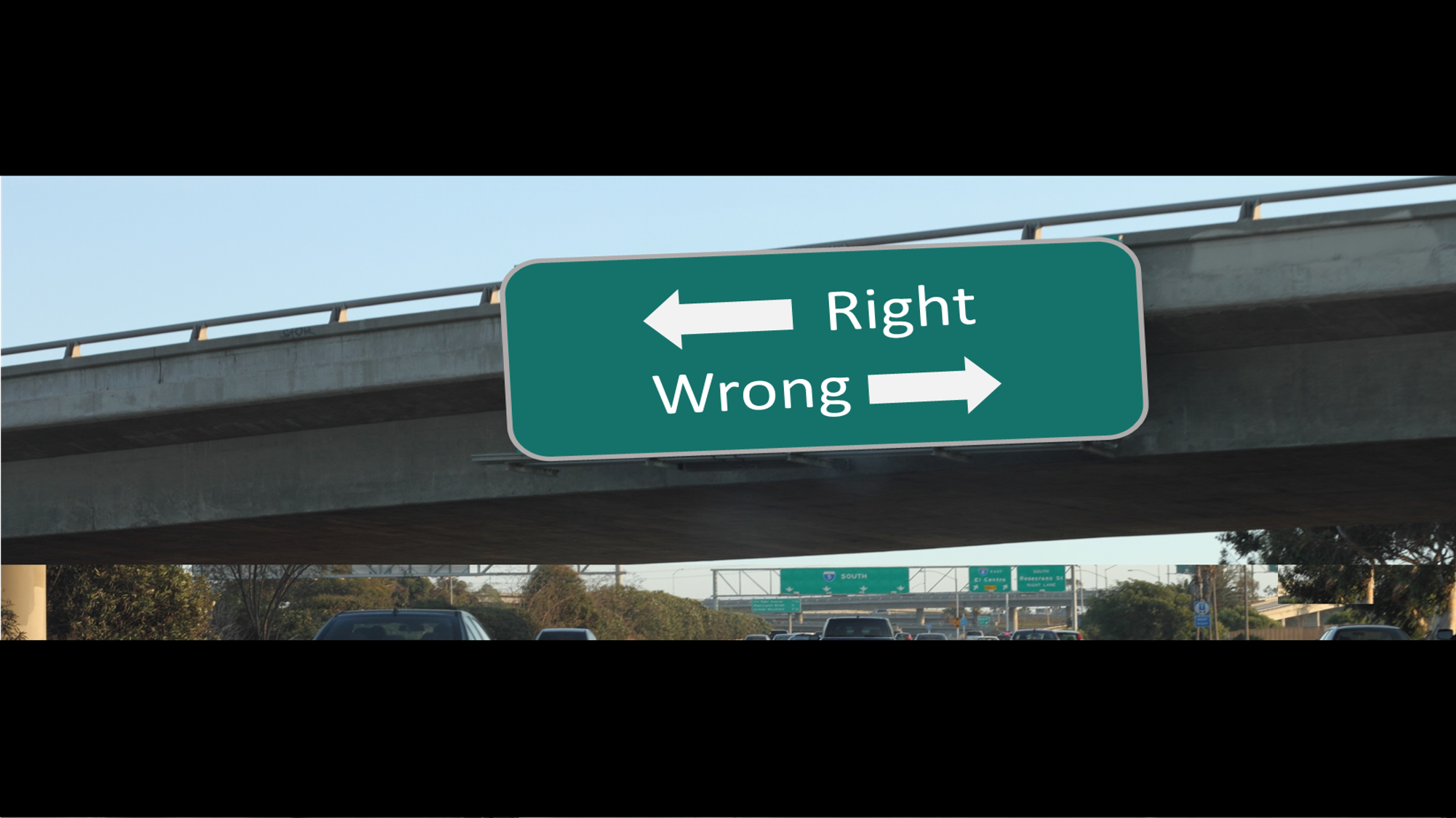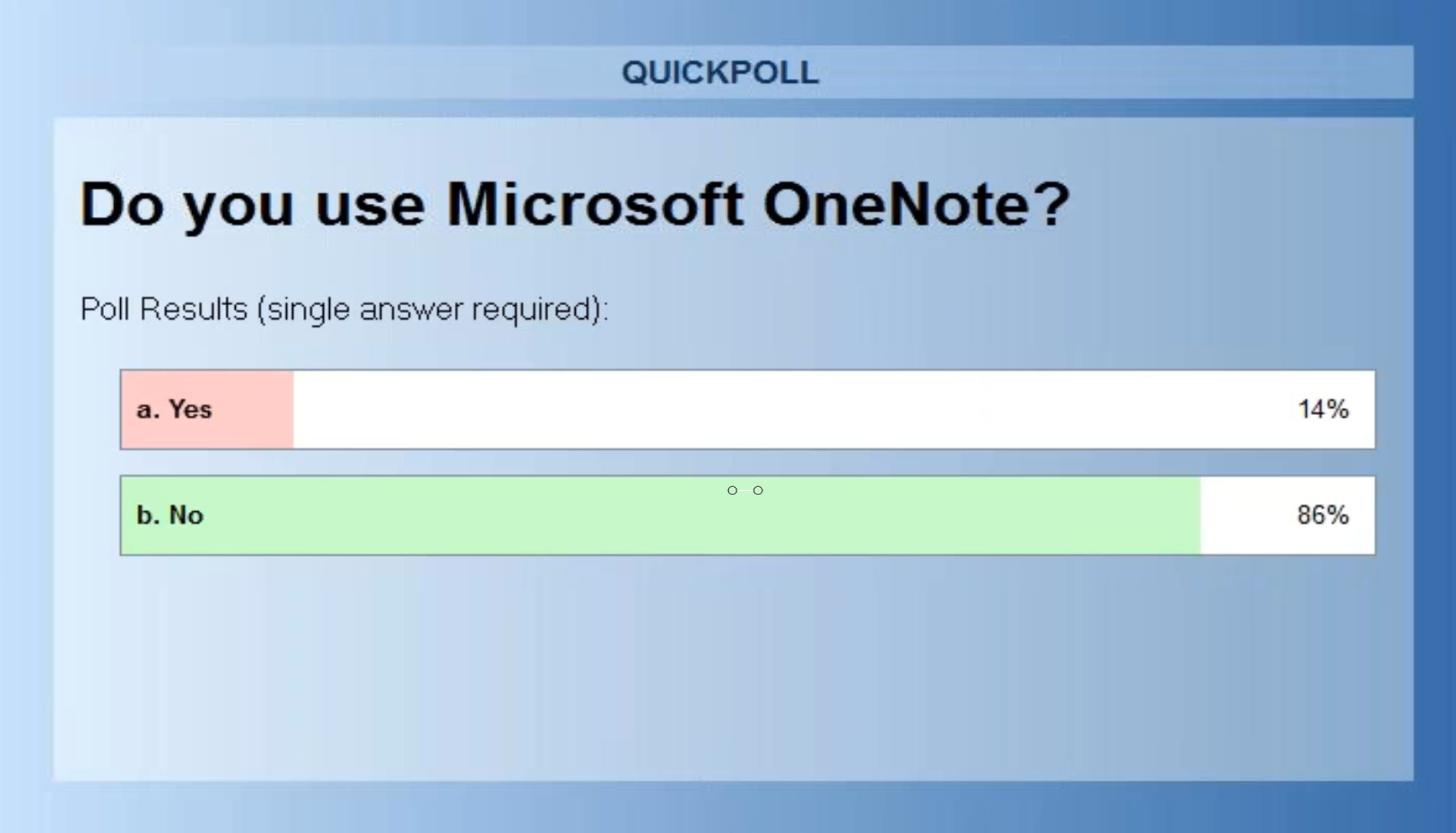As The Internet Rebuilds American Institutions, Be Grateful You Live In An Extraordinary Era Of Progress And Tap Its Potential For Doing Good Hot
Write Review
I was searching my 1,500 LinkedIn connections 10 days ago for experts on financial psychology when I stumbled onto Dr. Mary Gresham’s blog post about her petition calling on the American Psychological Association to start a financial division. Clearly, this is important to financial advisors and consumers. Money, according to APA’s own annual survey, was the No. 1 cause of stress cited by Americans two years in a row, Gresham says. Despite an obvious need for special training in this area, the APA bureaucracy has erected one obstacle after another to inhibit Gresham’s petition.
Now here’s the important part: APA is one of many institutions being destroyed and rebuilt by the Internet. Professional trade associations are in crisis because they are all being reinvented by the Internet. My friends in leadership positions at the American Institute of CPAs, American Bar Association, Financial Planning Association all report membership and financial woes.
Why? Trade associations were once the only place for professionals to gather. A once- or twice-a-year meeting enabled you to download enough new professional knowledge. In contrast, the Internet networks professionals 24/7.
Gresham says the APA is hampered by a bureaucratic resistance to starting new bodies of knowledge in psychology. With 54 sections of psychology extant, APA’s current crop of divisions would be forced to share their budget with yet one more specialty. Gresham says she phoned APA members and staff week after week for months just to cajole APA to post her (right side of linked page) petition. But what happened next to Gresham is most amazing.
I found her.
We met at the intersection of personal finance and psychology, a remote crossroad of social science under construction on the Web.
Through her blog and LinkedIn, I found Mary Gresham and interviewed her, gave air to her petition of APA with financial advisors. The inefficiency of APA and its bureaucratic resistance to creating new bodies of knowledge was exposed and Gresham’s movement to help people with psychological problems caused by money is publicized beyond the provincial world of the APA.
Now here’s the kicker.
I’m seeing the same dysfunction and social networking repair effort at many American institutions.
The same difficulties confronting ABA, AICPA, and FPA — leading trade associations in their respective professions -- can be found throughout American society.
Gresham’s struggle, to make the APA do the right thing by creating a section devoted to studying psychological problems caused by money and training psychologists to help people so afflicted, exemplifies the rotting-institution syndrome and the Internet’s constructive response. The growing influence of sites like Advisors4Advisors among financial advice professionals is another example of the disintermediation of trade associations and other institutions. People much smarter than I are seeing the same pattern of violent change in America.
In a post last week entitled, The Economic Roots of Your Life Crisis, in Harvard Business Review, Umair Haque, who is ranked as one of the world's most influential management thinkers by Thinkers50 and is the author of Betterness: Economics for Human and The New Capitalist Manifesto: Building a Disruptively Better Business, said:
“If institutions, as Nobel Laureate Douglass North once famously described them, are the ‘rules that shape human interaction,’ then the rules are broken. You know it, and I know it: if you play by the rules today, you're probably going to end up broke, lonely, miserable, exploited, and empty. When the rules are broken, never play by the rules. Maybe you should walk away from that underwater mortgage. Maybe that degree doesn't have to be in something ‘employable,’ like finance — and maybe, if you push, it doesn't have to take four years to finish it. Maybe you don't have to get married, don't have to get a ‘job,’ buy two minivans and a McMansion, pack it bulgingly full of stuff you'll never use, and call it a life. Maybe it's only by breaking the dismally broken rules that you can rewrite better ones.“Yesterday's institutions ask us to make increasingly bad tradeoffs, riddled with painful dilemma. It's one thing to offer a life of meaningless work in exchange for a huge paycheck; It's another to offer it in exchange for a stagnant median wage. Want that education? Here's a lifetime of crippling debt. Want to serve society? Great! Here's the pittance public servants have always received — without the security. If we really want to smash through the straitjacket of life crisis, we must recognize the deeper dilemma and refuse to settle for anything less than breaking it. One tiny, trembling, but decisive step at a time, we can arc our own journeys towards a life searingly well lived.”It's not easy. I know. It can feel paralyzing, debilitating, panic-inducing. But here's the secret inside the secret. Institutions fail. But life goes on.”
The life crises referred to by Haque are another manifestation of the wrenching change in our society. He is addressing the problem by reaching out on the Web to people who feel the same way. Similarly Gresham and I came together socially on the Internet to fix a problem not being addressed by APA.
That coming together of people with good intentions is happening all over the place.
It’s a powerful movement for good and it’s viral. It’s empowering people as never before to get things done. Progress is unfolding at unprecedented speed. And you can help.
Here's text for an email you can send local psychologists to ask them to sign Gresham's petition.
Be grateful you live in an extraordinary era in civilization and help realize its potential to do good.
This Website Is For Financial Professionals Only
User reviews
There are no user reviews for this listing.









